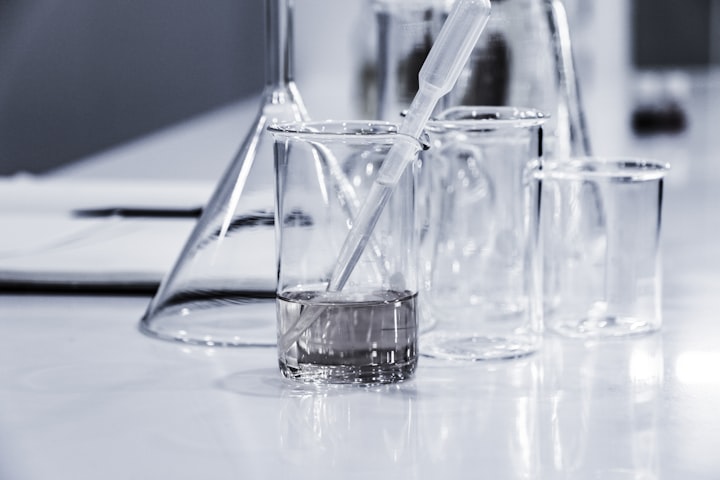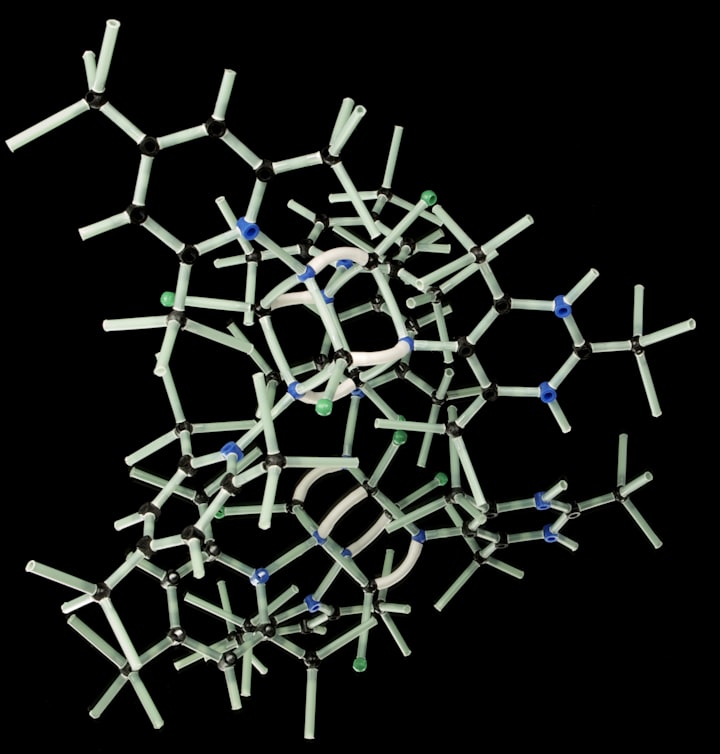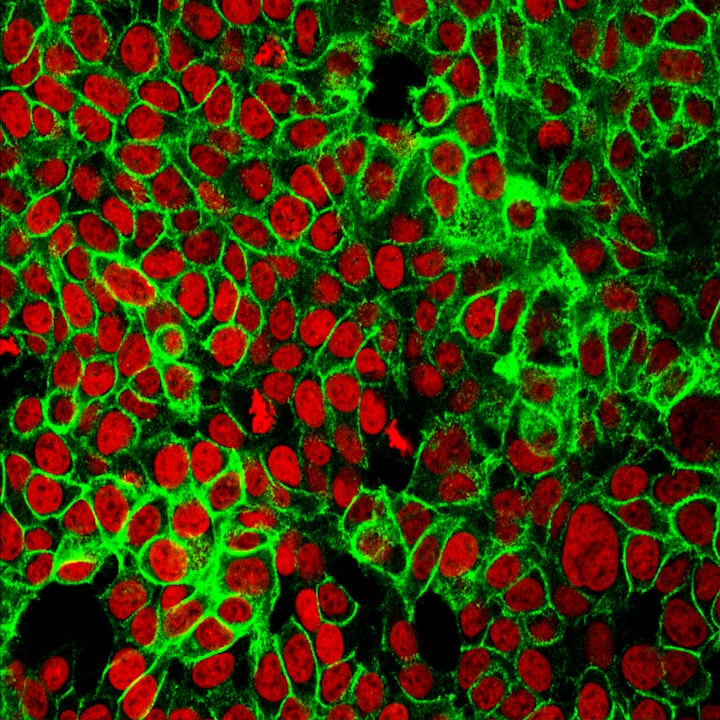How Does the Body Age? Exploring the Science Behind Aging
Explore the potential causes of aging, from DNA damage to environmental factors. Uncover the science behind growing old.

Have you ever wondered why your body ages and why certain processes just stop happening?
Aging is a complex and intricate process that is not yet fully understood by scientists.
There's actually not a universally agreed upon scientific answer.
However, there are plausible theories that shed light on the underlying causes of aging.
Accumulating DNA Damage
One compelling theory suggests that aging is primarily caused by accumulating damage to the DNA of cells.
Every time a cell divides, there is a risk of DNA damage, which can compromise the cell's functionality.
Over time, this cumulative damage can lead to a significant number of cells functioning suboptimally, contributing to the various processes of aging.
Telomere Shortening
Another key factor in cellular aging is the shortening of telomeres, which are protective caps at the end of chromosomes.
As cells divide, their telomeres gradually shorten, eventually reaching a point where they can no longer divide, leading to cellular senescence.
Cellular Senescence and Inflammation
Cellular senescence, the state in which cells cease to divide, contributes to aging by promoting chronic inflammation and impairing tissue regeneration.
This process is influenced by various factors, including genetic predisposition and environmental exposures.
Mitochondrial Dysfunction
Mitochondria, the powerhouses of the cell, play a crucial role in energy production and aging.
Over time, mitochondrial dysfunction can lead to decreased energy production, increased oxidative stress, and impaired cellular function, contributing to the aging process.
Environmental Factors
In addition to intrinsic cellular processes, environmental factors such as exposure to toxins, pollutants, and ultraviolet radiation can accelerate aging by causing cellular damage and oxidative stress.
The Role of Epigenetic Modifications
Epigenetic modifications, which can influence gene expression without altering the underlying DNA sequence, have also been implicated in aging.
Changes in patterns of DNA methylation and histone modifications can impact cellular function and contribute to age-related decline.
In conclusion, aging is a multifaceted process influenced by a combination of genetic, cellular, and environmental factors.
While the underlying mechanisms of aging continue to be unraveled, gaining insights into these factors can pave the way for potential interventions to mitigate age-related decline and promote healthy aging.






